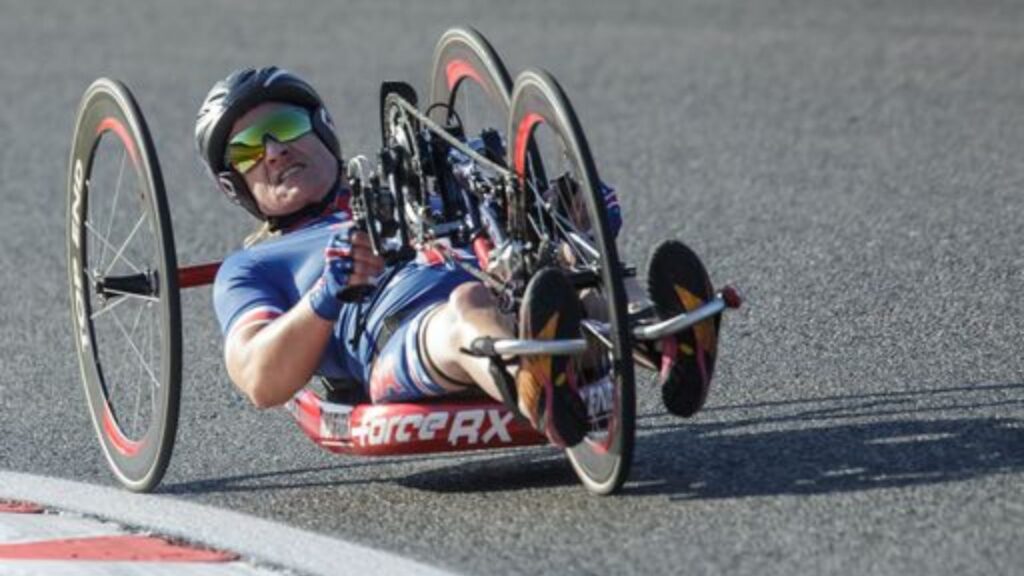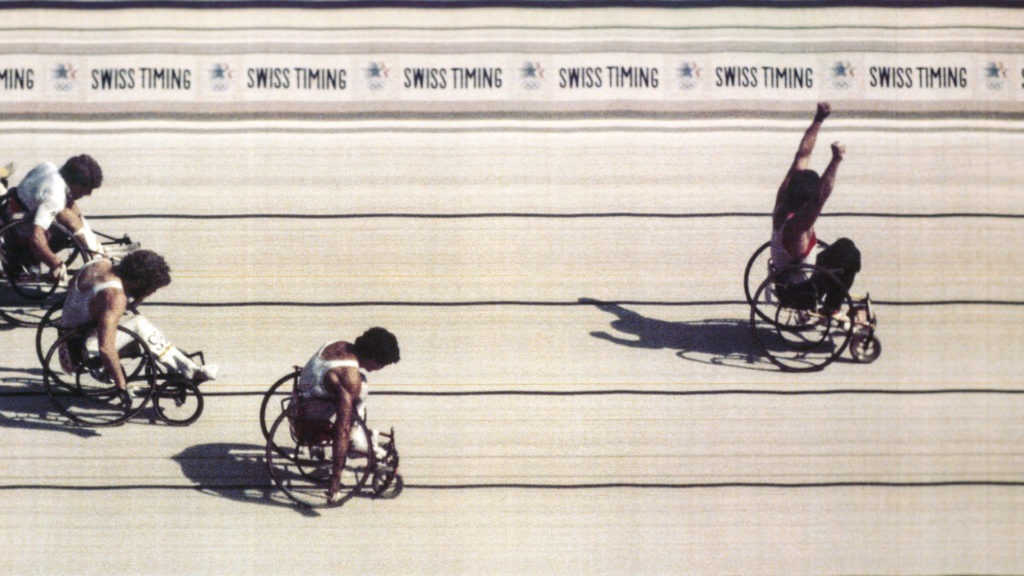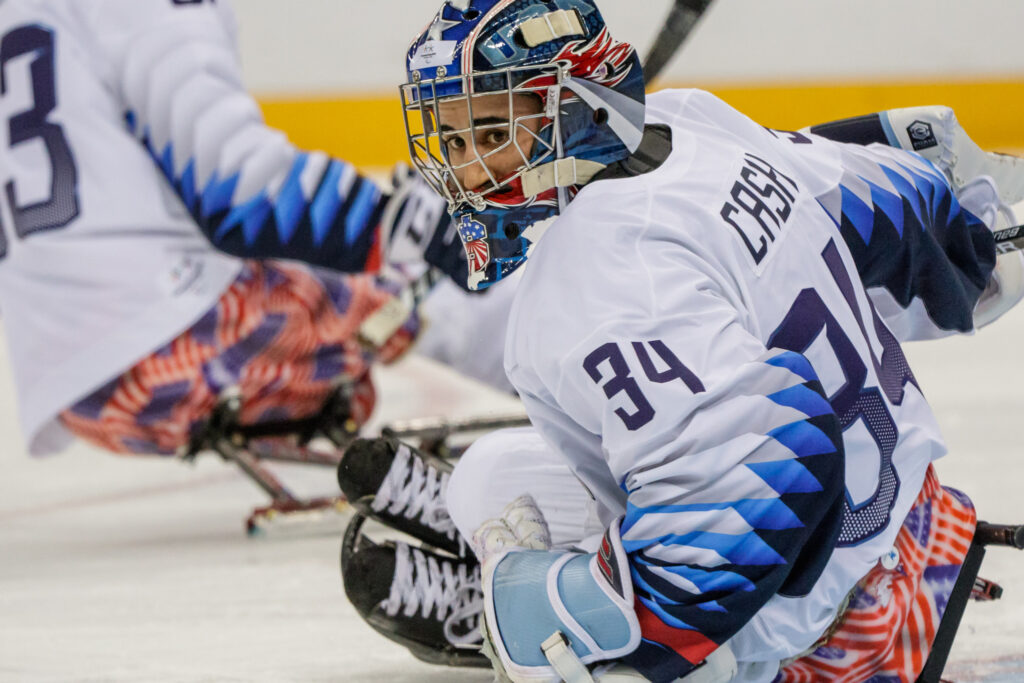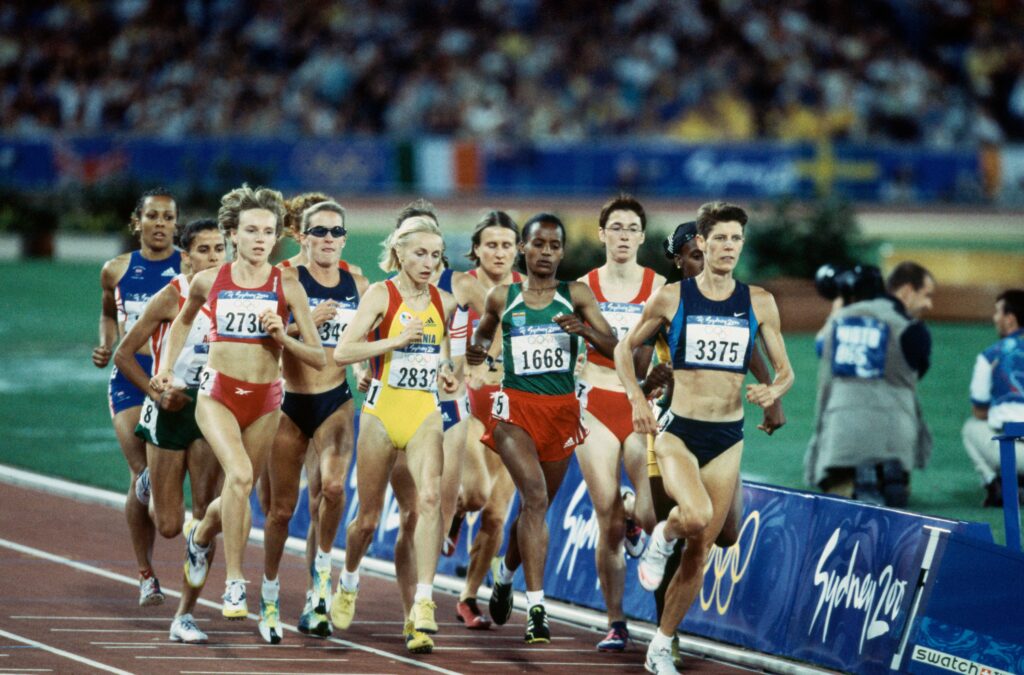Eddie Eagan had won an Olympic gold medal in boxing, graduated from Yale University and Harvard Law School, been named a Rhodes Scholar and studied at the University of Oxford, served in the U.S. Army and started a healthy law practice.
And yet, things felt a “little cobwebby” and Eagan wanted a break. So he joined the U.S. Olympic Bobsled Team a short time before the Lake Placid 1932 Olympic Winter Games.
It didn’t matter that Eagan, then 34 years old, had never before ridden in a bobsled, let alone competed in a bobsled race.
A member of the American four-man bobsled team had decided to race in the two-man competition instead, leaving an open seat in the four-man competition for the upcoming Olympic Winter Games. Jay O’Brien, who was the head of the U.S. Olympic Bobsled Committee and a member of the four-man team – as well as a good friend of Eagan — asked Eagan to join the group. Because of warm weather, there was no time to hold any trials to fill the spot.
Eagan, of course, was a natural. His first – and only – bobsled competition resulted in a gold medal. Eagan remains the only person to win a gold medal in the Winter Games and Summer Games in different events. (Gillis Grafstrom of Sweden won gold medals in the Antwerp 1920 Olympics and Chamonix 1924 Olympic Winter Games and St. Moritz 1928 Olympic Winter Games – all in figure skating, which was held in the summer until 1920 and added to the Olympic Winter Games thereafter.)
Eagan led a remarkable life, from his childhood in Denver, when he learned to box. He began college at the University of Denver before enlisting in the Army and serving as an artillery lieutenant in France during World War I. He returned home and enrolled at Yale, where he was still a student when he won the light-heavyweight gold medal at the Antwerp 1920 Olympic Games.
Eagan furthered his education and continued to box for a few more years before turning his attention to a career as an attorney. After taking off a few months for the Lake Placid 1932 Olympic Winter Games, Eagan served as an Assistant U.S. Attorney, was a lieutenant colonel in the U.S. Army Air Corps, served as head of the New York Athletic Commission, chaired President Eisenhower’s People-to-People sports committee and directed the sports program at the 1964 World’s Fair in New York.
Eagan died of a heart attack in 1967. He was 69.












